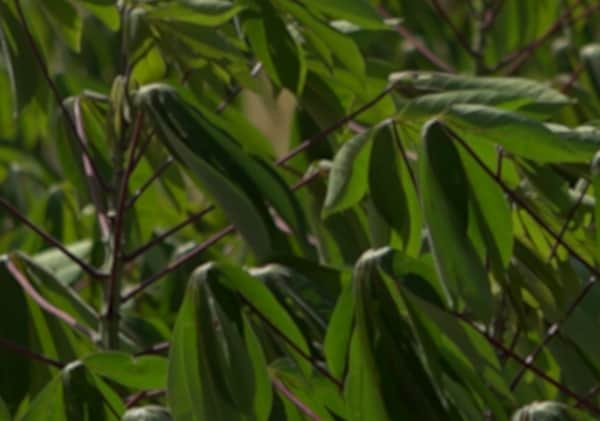The Great Recession brought two years of reduced charitable giving in the US
COVID-19 has brought daily routines to a screeching halt around the world. It has changed the way we live, work, socialize, and the way we give. It’s unsurprising that a global health or economic crisis impacts how the general population gives, but now that we’re faced with both, nonprofits are bracing for the fallout.
Charitable gifts by Americans have been steadily increasing since the 60’s and global giving rates have been trending upward for years, but when met with an economic crisis, the nonprofit industry feels the blow. During the Great Recession, Americans’ philanthropic giving decreased by 7% in 2008 and by 6.2% in 2009. For a small nonprofit and the people they serve, that shift in funding can be detrimental.
As finances tighten and household spending becomes increasingly limited during an economic crisis, charitable giving budgets are liable to follow suit. The reduction in funding ultimately impacts the beneficiaries of nonprofit work.
“It’s really unfortunate, because the communities we serve are already extremely vulnerable to health and economic crises and are at-risk to losing everything they have left,” says Trees for the Future Executive Director John Leary.
Trees for the Future (TREES) is one of many nonprofit organizations grappling with how to ensure their beneficiaries are not adversely affected by COVID-19’s impact on fundraising. TREES is a regenerative agroforestry nonprofit that is helping farmers revitalize their land and livelihoods using what are known as Forest Gardens so that they can plant themselves out of hunger and poverty.
“One of the great things about our Forest Garden program is that farmers learn to become more resilient to climate change and unforeseen events, so that when pandemics, recessions, or natural disasters strike, they have the knowledge, tools and options they need to survive,” says Leary. “But we have to be able to provide the training and resources to get them to that point, and that’s where our amazing donor community comes in.”
An amazing donor community that has helped TREES grow, helping generate over $5,000,000 for the organization last year, and pushing the lifetime tree planting milestone to over 188 million trees while helping over 100,000 people.
“This isn’t a matter of having a bad quarter and losing some revenue, the farmers we work with can’t afford to lose the support of our donor community,” Leary says. “We build trust with communities, we are attracting record numbers of participants, and we need to be able to come through with the training and tools required.”
To weather the storm, TREES has cut all non-essential spending so that they can continue providing life-changing knowledge and resources to farming communities. But the organization still needs to secure funding for various essentials like tools, training, and Personal Protective Equipment (including masks, gloves, and hand sanitizer/soap) for staff and farmers. On Tuesday, July 7th, TREES launched their COVID-19 Relief Fund to raise $300,000 by September to cover the costs of these key programmatic elements for the immediate future.
“The individuals and businesses that make up our donor community are all feeling the effects of COVID in one way or another, but we’re confident that we can all come together to get these vital resources to Forest Garden farmers in this time of need,” Leary says. “We’re grateful for the support we’ve continued to receive during these challenging times and look forward to being able to share some inspiring success stories when this is all over.”
Learn more about how TREES is addressing the challenges of COVID-19 and consider making a contribution to their COVID-19 Relief Fund today.
